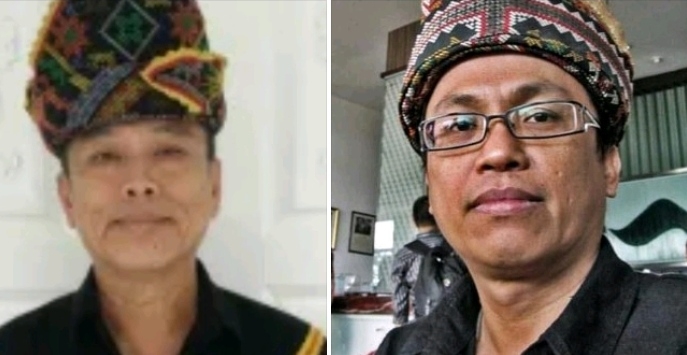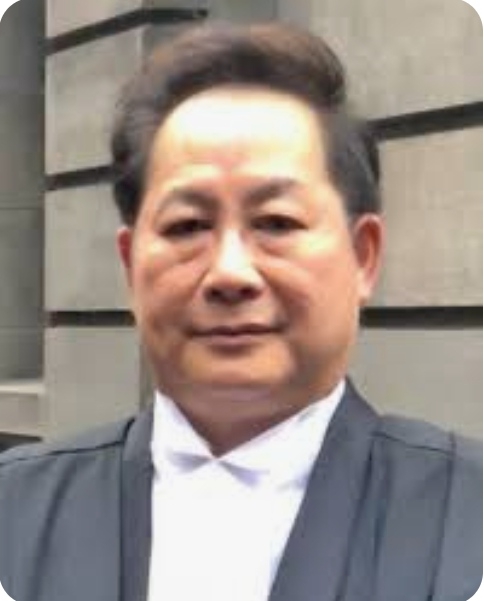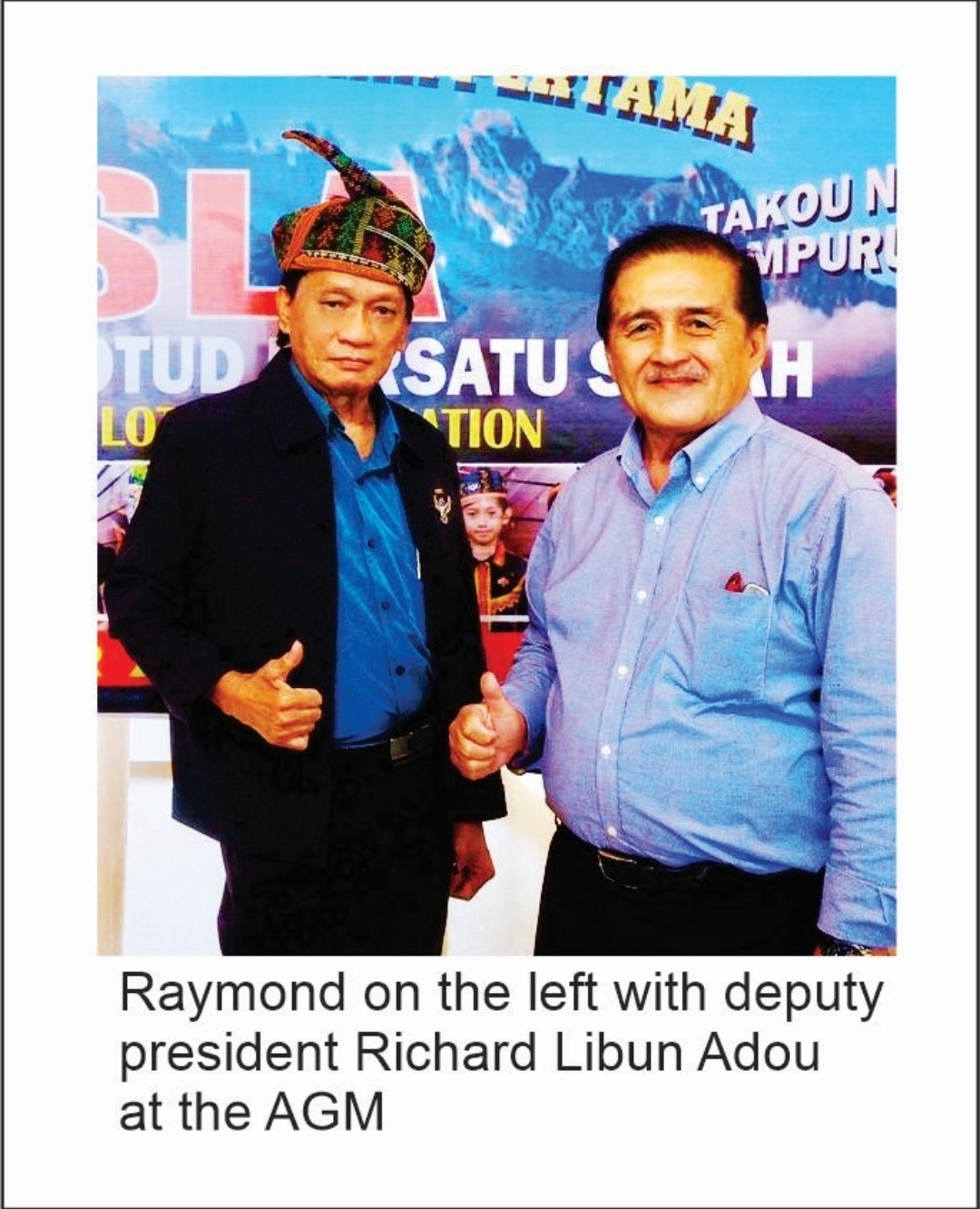By Daniel John Jambun & Kanul Gindol
5-10-2023
WE applaud the initiative taken by the Sabah Law Society (SLS) in advocating for the modernization of state laws that have become outdated to better serve the needs of our evolving society. The outdated colonial-era laws need to be repealed and reformed to align with the legal framework of contemporary realities.
We, as concerned Orang Asal (Momogun) and advocates for justice and progress, stand in full support of the SLS's call for legal reforms in Sabah. It is essential that our state laws keep pace with the changing times, address the rights and welfare of all individuals, and promote fairness and justice for everyone.
In line with the SLS’s initiative, we, the Orang Asal (Momogun), urge the Sabah Government to be brave and have the political will to review and find solutions to the Interpretation (Definition of Native) Ordinance. It is crucial that the term "Native" accurately reflects the indigenous peoples of Sabah, those who are unique to our Sabah.
This distinction is essential to uphold the rights and identity of Sabah's indigenous communities.
The Native Ordinance is a creation of the British Colonial government and should be reviewed, amended to clarify the two distinct definitions of natives, namely, the Indigenous People - Orang Asal (Momogun) - who are the original inhabitants of Sabah and the Non-Indigenous People who claimed to be Native of Sabah.
*All Orang Asal are native, unless not born in Sabah, but not all native if born in Sabah are Orang Asal (Momogun).*
*Native was about status in law. There must be proof of identity, not necessarily based on MyKad*
*Orang Asal (Momogun)was about status in law based on property rights and not about being Native and it isn't about "race"*
*Orang Asal (Momogun) is about NCR land i.e. ancestral and historical property rights under Adat, i.e. the 1st law in international law, based on customary practices and have force of law like the Constitution.*
Orang Asal (Momogun) stand defined by NCR land under Article 13 (property rights), Article 5 (right to life) and Article 8 (no discrimination).
The colonial era Native Interpretation Ordinance, an inferior law, must be repealed. There's no similar enactment or insertion in the Constitution, whether state or federal.
In law, Article 4, inferior law remains null and void by the extent of inconsistency with superior law. Still, even invalid law remains valid, unless declared otherwise by the court or repealed by the state assembly.
Having said that, we humbly urge the government to consider these important recommendations and work collaboratively with the SLS to enact the necessary legal reforms. Modernising our legal framework and ensuring the accurate representation of indigenous (Momogun) communities is not just a matter of practicality but also a testament to our commitment to justice, equality, and progress for all residents of Sabah.
On another note, it is very important for Sabah and Sarawak government to know and understand that,
Federal Territory has lower status than state. It was Mahathir who deliberately floated the idea. He wanted all talk on MA'63 ended.
People in Sabah and Sarawak never asked any questions.
Federal Territory means ruled directly by the Federal gov't.
That's what New Delhi did in Kashmir, Jammu and Ladakh.
Ladakh has become union territory in perpetuity.
Kashmir and Jammu have become union territories temporarily until terrorist activities cease and the security situation improves.
Then, their statehood will be restored.
If Sabah and Sarawak become federal territories, what does it mean?
Is it permanent or temporary?
If temporary, what happens after that?
SLS, again we kindly seek your opinion on this matter.
Daniel John Jambun is President of Borneo's Plight in Malaysia Foundation (BoPiMaFo), while
Kanul Gindol is Chairman of Gindol Initiative for Civil Society Borneo


















